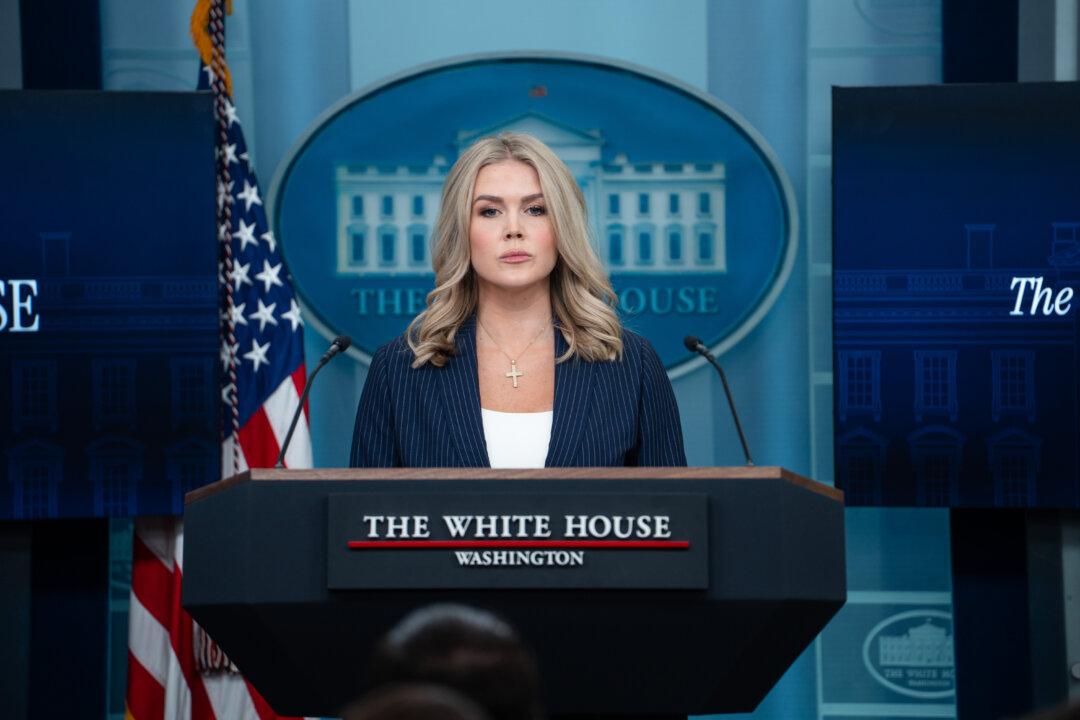The White House has announced new restrictions on Associated Press journalists’ access to the Oval Office and Air Force One, citing an ongoing dispute over the wire service’s refusal to adopt the administration’s official terminology for the body of water formerly known as the Gulf of Mexico but now renamed the Gulf of America.
“The Associated Press continues to ignore the lawful geographic name change of the Gulf of America,” White House Deputy Chief of Staff Taylor Budowich said in a statement on social media on Feb. 14.





